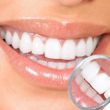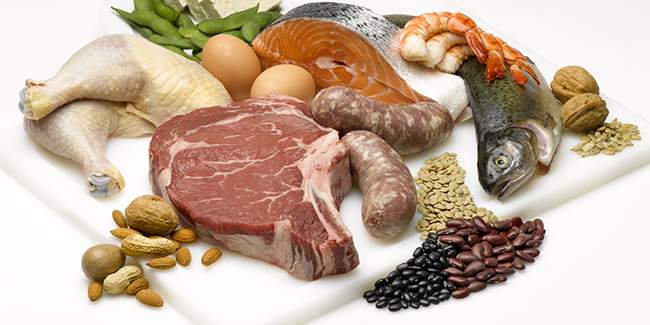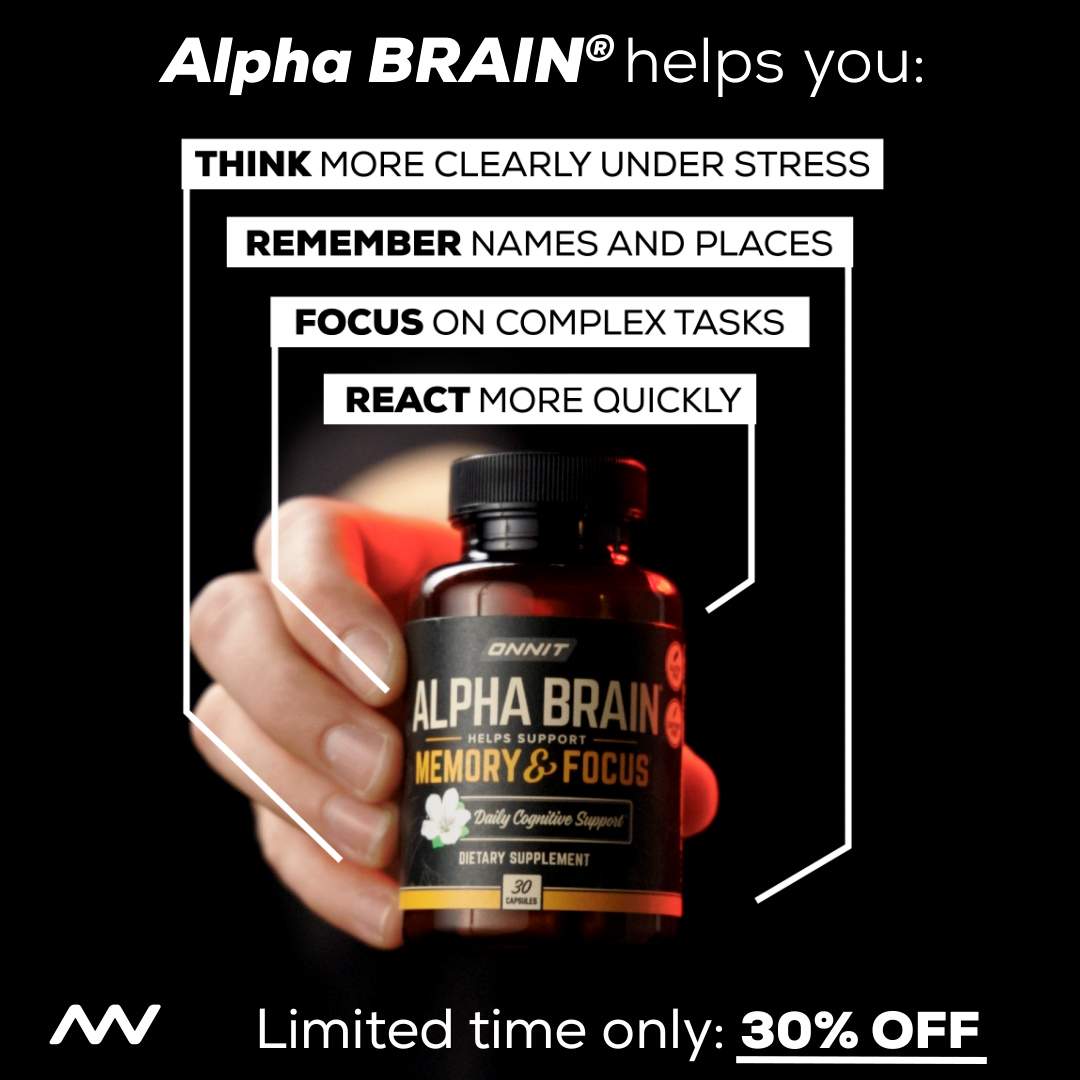Iron — the name of this mineral sounds like it can make you really tough. Well, that’s not far from the truth. That’s because it is something that helps your muscles get all the oxygen they need for optimum performance. Iron is also vital for the conversion of sugar into fuel your body can use. It also has antioxidant and immune-strengthening properties.
Opting for a diet that’s rich in iron is very important. That’s because iron helps:
- Produce red blood cells, components of the blood that carry oxygen from the lungs to the various tissues and organs. Iron not only helps in the production of red blood cells, but it also becomes a part of them.
- Keep iron-deficiency anemia at bay. Just like what the name suggests, it is the kind of anemia that is brought about by insufficient iron in the body, causing a decrease in oxygen-carrying red blood cells.
- Supply your body with energy. The said mineral is also an important role player in the metabolism. Without iron, your body won’t be able to convert sugar into a kind of fuel that it may utilize.
- Create enzymes, substances that facilitate all sorts of chemical reactions going on in the body. Enzymes help in the production of new cells, neurotransmitters, hormones and amino acids — the building blocks of protein.
- Keep your immune system in a tip-top shape. You don’t want to have a weak immune system as you will most likely end up in bed trying to recover from a number of diseases and illnesses caused by invading microbes.
- Shield the cells from those damaging excess free radicals. Because iron has antioxidant properties, it is something that can ward off aging and so many other problems associated with oxidative stress.
There are instances wherein a doctor may recommend the intake of iron supplements. For instance, it’s not uncommon for pregnant women to be advised to supplement with iron. Those who are suffering from iron-deficiency anemia may also be prescribed with iron supplements.
Unless otherwise said by your doctor, it is not a good idea for you to take iron supplements. Especially if you take more than the prescribed dosage, you may end up facing all sorts of health problems — many of which are very serious! They include liver damage, extremely low blood pressure and death.
Luckily, you can obtain good amounts of iron from various food sources. You don’t have to get your hands on a bottle of iron supplements (which is available over the counter) just to make sure that you get all the iron that you need. Having a well-balanced meal is usually enough to ensure that problems related to iron deficiency are out of the picture.
Whether or not you are a vegetarian, there is something to include in your everyday diet that supplies your body with iron. Animal food sources of iron provide what’s called heme iron, and non-animal food sources of iron yields the so-called non-heme iron. The kinds of iron these food sources supply work exactly the same in the body.
However, there is a minor difference between heme and non-heme iron. Experts say that heme iron (which is from animal-food sources) can be readily absorbed by the body. In other words, the body does not have a hard time utilizing heme iron. On the other hand, the body is said to be less efficient in absorbing non-heme iron.
Some good examples of heme iron and non-heme iron food sources include:
Heme Iron Food Sources
- Beef
- Pork
- Lamb
- Chicken
- Turkey
- Liver
- Oysters
- Fish
Non-Heme Iron Food Sources
- Chickpeas
- Soybeans
- Kidney beans
- Pumpkin seeds
- Sesame seeds
- Spinach
- Swiss chards
- Iron-fortified breakfast cereals













